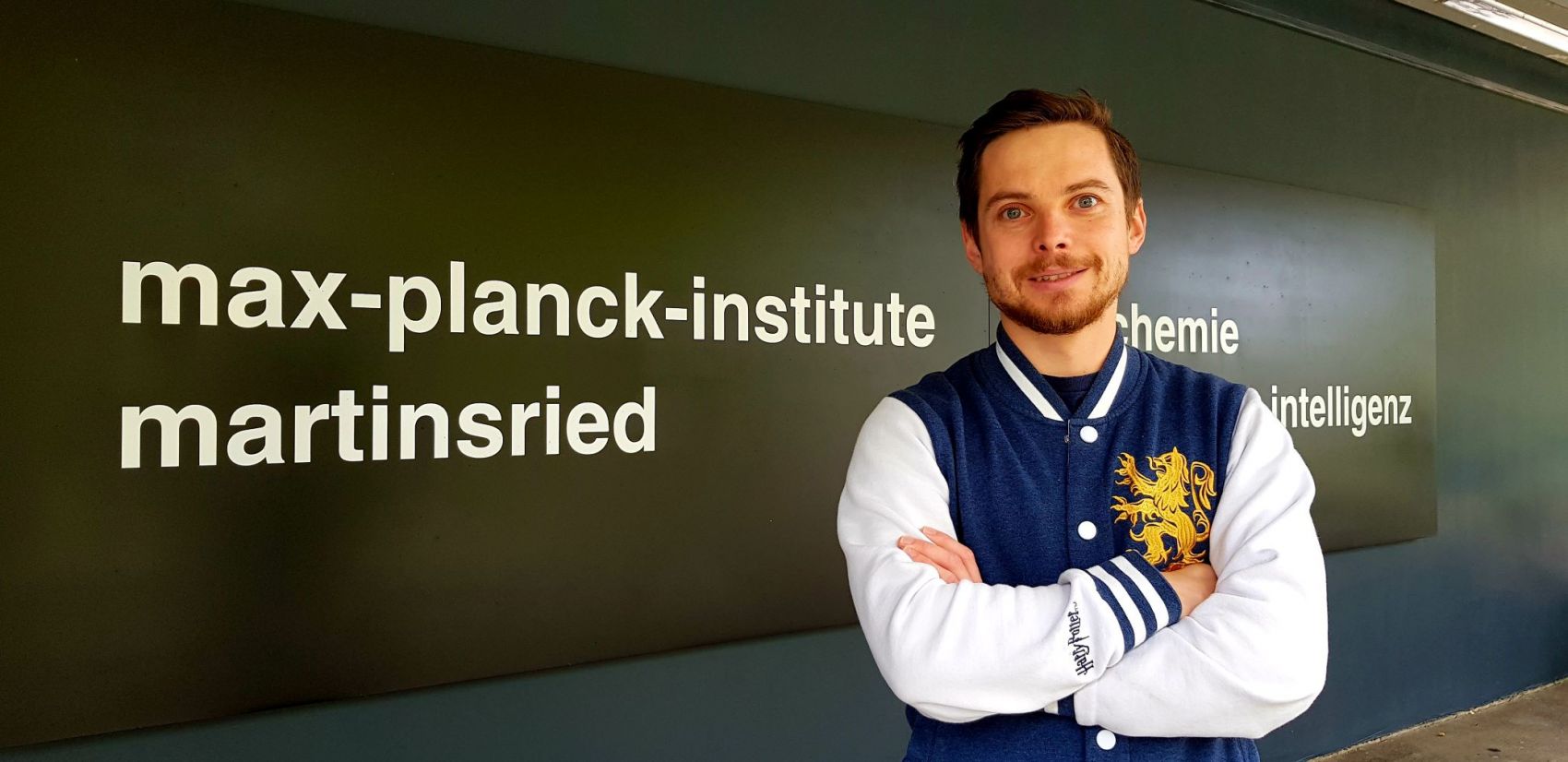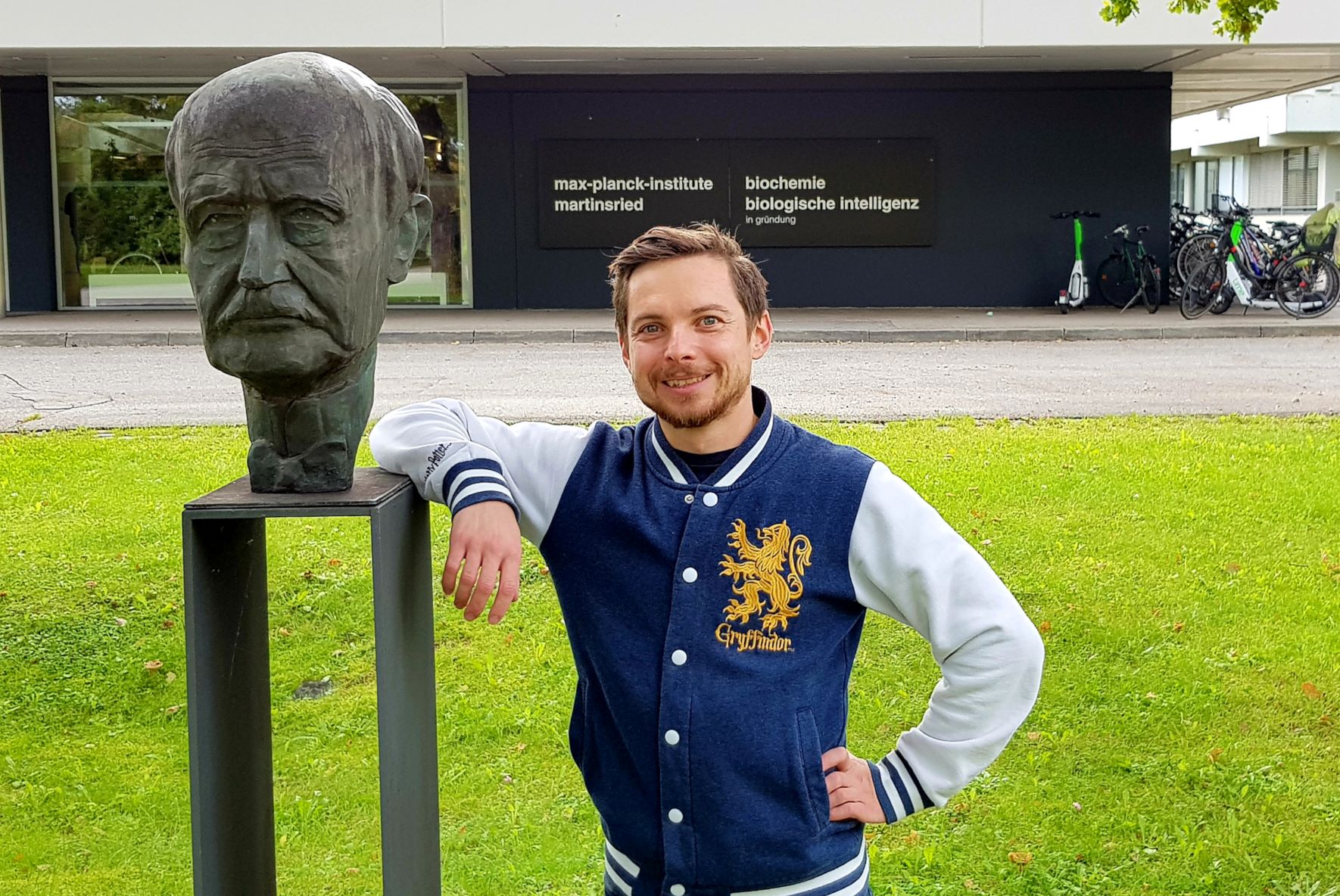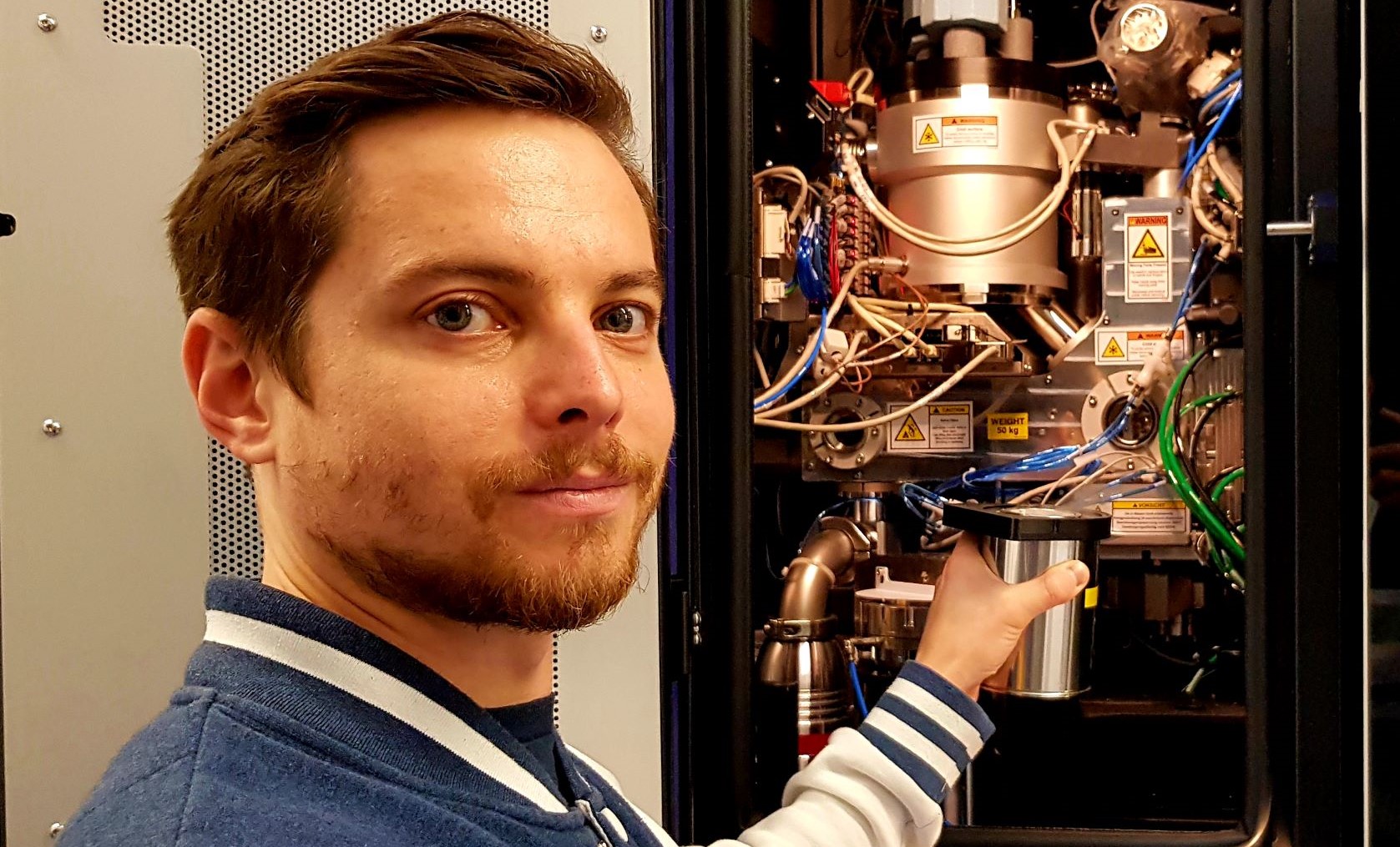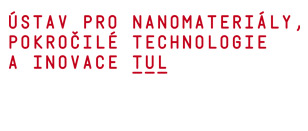 Right after graduating, he took off to Germany to join the John Briggs lab at the Max Planck Institute of Biochemistry in Munich. He works within the research department Cell, and Virus Structure and his research is focused on the structural description of the virus life cycle within the cellular context. He is passionate about working with an electron microscope, cryo-EM data processing, and analysing the resulting structural models.
Right after graduating, he took off to Germany to join the John Briggs lab at the Max Planck Institute of Biochemistry in Munich. He works within the research department Cell, and Virus Structure and his research is focused on the structural description of the virus life cycle within the cellular context. He is passionate about working with an electron microscope, cryo-EM data processing, and analysing the resulting structural models.
The Max Planck Institute of Biochemistry (MPIB) in Martinsried, Munich, is one of the leading international research institutions in biochemistry, cell and structural biology and biomedical research. With about 30 scientific departments and approximately 750 employees, the MPIB is one of the largest institutes of the Max Planck Society. About 350 scientists from 43 different nations study the structure of proteins – on single molecules but also complex organisms. Their work and the support of various central service facilities make the MPIB a leading international institute in protein research. The high quality of the research work is also reflected in numerous awards and prizes. Two scientists have already been awarded the Nobel Prize: Feodor Lynen in 1964 and Robert Huber in 1988.
Did you always dream about a research career? Was a postdoctoral fellowship a clear choice for you after your PhD?
To be honest, before my master’s studies I never thought I could have a career in research. But during that time when I was in a group of Lukáš Žídek at NCBR Masaryk University, I started to be more involved in research, and I even presented my results at conferences which was very uplifting for me. Therefore, I started thinking about pursuing a career in academia and, thus PhD. I was fortunate that my colleague Pavel Srb introduced me to his friend Pavel Plevka who had just arrived from his postdoc in the USA and started his independent research group at CEITEC. I applied for a position in his group, and he hired me as a PhD student. It was in Pavel’s group that I really understood what academic research is about, the publication process etc. And since I wanted to try a career in academia, a postdoc was a clear choice for me.
Why did you decide to apply for your postdoctoral fellowship at the Max Planck Institute of Biochemistry? Did you have any other offers? Why did you decide on Max Planck and the Briggs lab after all?
I have known John Briggs from academic papers, and he is also quite well-known in the field of cryo-electron microscopy and virology. It is a field of research I wanted to pursue in my future career, so application to his group was a clear choice for me. At the time of my application, he was still at MRC-LMB in Cambridge, UK, and he moved his group to the Max Planck Institute of Biochemistry in September 2021, where he was offered a director position, replacing Wolfgang Baumeister.
However, my very first postdoc application was to the group of Allan Brown at Harvard Medical School. I saw his advertisement on a 3DEM mailing list and I quickly decided to send him an application. He responded and invited me for an interview. I tried to prepare myself, but since it was my very first interview, I did not know what to expect. I think the interview was quite funny because when I connected through zoom, Allan asked me to share my presentation, but I had no presentation prepared (no one asked me to do so)! I was very close to a mental breakdown and I genuinely considered pressing the red disconnect button and leaving the call. However, I managed to calm down myself and I realized I have a presentation from a recent conference and a presentation from my recent group meeting. I asked Allan if it is okay to present these two presentations and he told me to go ahead. He called me two weeks after the interview and offered me a position in his group. He told me it impressed him how I managed the stressful situation.
Then I had an interview with John, but I was much better prepared from my experience with the interview with Allan. I had my presentation ready, and everything was less stressful for me. After a few weeks, John called me back and told me he would like to hire me as a postdoc in his lab at Max-Planck. Thus, I needed to decide between John Briggs at Max Planck of Biochemistry and Allan Brown at Harvard. It was a tough decision. I asked my supervisor Pavel to help me. He told me that both options are good and he can get me in touch with Pavel Tomančák who told me that I should go to John Briggs. I also asked prof. Sklenář for his opinion and he confirmed that John Briggs is a great choice for a postdoc. So, I decided to go to Max Planck of Biochemistry.

How did you prepare for the interview? What tips would you give to PhD students who are searching for a postdoctoral post?
I saw an interview with Noble Prize laureate Martin Chalfie who had a great short talk about how to apply for a postdoc position. Basically, your application should not be a general one. Tailor the application to the lab you want to apply. It means reading a few recent papers from the lab you want to apply to, trying to come up with your own experiments based on the papers etc. And be prepared when they ask you for a presentation (laugh).
Also, send your application even when the laboratory is not actively looking for postdocs. Many PIs are open to new applications and when they find the right person, they can find some funding and hire you. If you want to pursue your career in the field of cryo-electron microscopy or structural biology I can highly recommend subscribing to the 3DEM and CCPEM mailing lists. There are many job opportunities posted almost every day.
What would you say was the key to your success? What opened for you the doors to Max Planck Society?
That is a tough question. Certainly, there is not a single silver bullet for success. For sure it helps to have one or two good papers but it is not the only thing. One needs a bit of luck, good timing of the application, and to make a good impression at the interview. It is also important to at least roughly fit your skillset with the laboratory you are applying to.
How do you enjoy your fellowship so far? What do you like the most? What do you like the least? What is different from your previous experience at CEITEC?
I really enjoy it. It is a quite unique experience because after moving from Cambridge, John kept only one postdoc (Zunlong) and one PhD student (James). So almost everyone has joined the lab only recently so we are roughly in the same starting position. I like that we have many collaborations with other laboratories and also that we have many opportunities to try unconventional ideas. For example, when I need some unusual tool or device, we have a workshop that can make such a tool – that is something I missed at CEITEC. I also appreciate that there are better socialization opportunities with my colleagues. Each Friday afternoon we have beer meetings with barbecue, pizza or other food of choice. We also play table football each day after lunch and at the evening. I find it a very good activity that sharpens intragroup relationships. The group is very international, when I joined, I was the only postdoc student with EU passport. There are many possibilities for sports at the institute, such as an onsite gym, tennis court, football pitch, volleyball etc.
What I like the least is probably the German system with a lot of bureaucracy, and lack of digitalization. (For example, when I want to ask for a holiday, I need to fill in a paper form). I have never got so many snail mails in my life. Some letters contain even printed webpage links which I needed to manually copy to the web browser. My impression is that the German system is very conservative, which I do not like that much.
Do postdoctoral researchers in Germany have better conditions that postdocs in the Czech Republic?
It is hard to tell because I never worked as a postdoc position in the Czech Republic. I think it strongly depends on the research group one is doing their postdoc in. At Max Planck, we are employees of the Max Planck Society, which means that we do not need to seek our own financing which contributes to better job stability. There are our postdoc representatives who organize many lectures, workshops, courses etc. There is also a Munich postdoc network which organizes social events such as concerts, hikes, biergarten tours etc.
During your time at CEITEC, you were very actively involved in extracurricular activities such as soft skills training and science communication activities. Are you still doing the same at the Max Planck?
To be honest, during the last half year I have not been very active in this way. I tried to get into my projects as quickly as possible which means I needed to neglect some of these activities, such as science communication and writing blogs. However, I plan to start again when I will be more established in the lab.
Nevertheless, I can highly recommend doing any of the extracurricular activities (e.g. science communication) because it trains you in writing and presenting your work. It also makes you known among your peers and the general public which is a good thing. And the last but not least point is spreading awareness among the general public about the recent discoveries, cutting edge science in your country, and what is the public money being spent on. I feel like people should know that. Because the feeling among people is such that financing science is necessary but most of them have only a very vague idea of what the scientists are actually doing and what is the money being spent on. It can maybe persuade some politicians to pump more money into science.
Do you already have plans about what would you like to do after your postdoctoral fellowship? Do you have any particular science dreams?
My long-term goal in science is to establish a research group where I would do experiments and lead people the way I like. It has not necessarily be in academia. I know this is a very hard thing to achieve but I will try hard. That was one of the main reasons I have chosen the Briggs group. Many of the postdocs coming out of his laboratory are now well-established scientists at prestigious institutions. So, I hope I am on a good way to achieving this goal.
Regarding the research, I would like to discover some general mechanism that applies to a wide range of biological systems or develop a method in electron microscopy that would be useful for many people in the field. The Max-Planck in Martinsried is a well-known place in the cryo-electron microscopy community, many fundamental methods were developed there (e.g. FIB-milling, Volta Phase plate, automatic tomography, etc.) so I think I am at the right place.
Tell us more about your research topic. What are you investigating in John Briggs’s lab and why is your research important for society?
Currently, I have two main research topics, one regards Filoviruses such as Ebola and Marburg virus. Here I am trying to determine the atomic architecture of the viruses by cryo-electron microscopy. It helps us to understand how these viruses assemble and also it provides a target for potential drugs.
The second topic is concerning the maturation of HIV. When HIV leaves the human cell, a process called maturation occurs – the main polyprotein GAG is cleaved into individual proteins and the HIV capsid takes the very distinct conical shape which repurposes the HIV to infectious virion. However, even after decades of research the process is still not well understood. The heterogeneity and flexibility of the virus prevent obtaining a high-resolution structure by conventional structural biology methods. I am employing a combination of 2-dimensional crystallography and cryo-electron tomography to understand this process at the atomic level, both in vivo and in vitro. There are more than 20 antiviral drugs targeting HIV during different stages of its life cycle. Maturation and assembly of the HIV particles seem to be a good target for novel antiviral agents as many weak interactions must cooperate to form the infectious virion. Disruption of only one or few of these interactions can lead to a complete failure of the virus assembly which inhibits the infectivity of the virus. Detailed knowledge of these interactions will lead to better and more potent antivirals.

Do you manage to have any work-life balance? What do you do to stay motivated, keep your mind sharp and recharge energy for research?
It is not an easy task to keep a good work-life balance especially when one is starting in a new lab. New projects, new colleagues, new systems, everything is very time demanding and stressful. I am really into road cycling and I was very lucky that my colleague Zunlong likes it as well. Whenever there is a possibility, we ride for 1–2 hours (50–60 km) usually after work. We like to challenge each other on local climbs and this is something that keeps my mind and body fresh. I also like other activities such as concerts or parties (especially karaoke).
Zdroj: CEITEC
Dominik Hrebik
Dominik is a structural biologist with a special interest in viruses. He finished his Master’s studies in the laboratory of Lukas Zidek at Masaryk University. For his PhD studies, he moved to the laboratory of Pavel Plevka at CEITEC Masaryk University where he graduated and gained experience in cryo-electron microscopy and virology. Currently, he works as a postdoctoral associate in the laboratory of John Briggs at the Max-Planck Institute of Biochemistry in Martinsried (Munich), where he studies the maturation of HIV and the architecture of the Ebola virus by cryo-electron microscopy. He likes road cycling, cats and memes. You can find his memes on his Twitter.



































